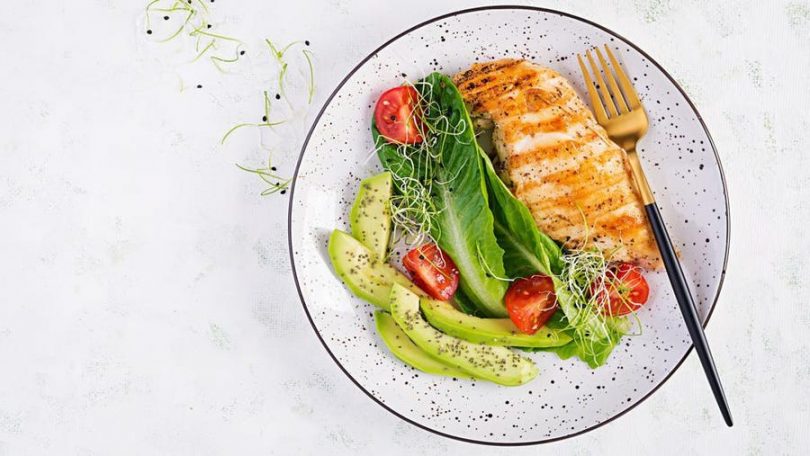Low carb diets linked to higher rates of remission
People with type 2 diabetes are intolerant to carbohydrates, and eating them in excess can increase their blood sugar levels and require them to take higher doses of insulin or diabetes medication.
With low carb diets, 26 percent of daily calories came from carbohydrates, and with a very low carb diet, 10 percent of daily calories were from carbohydrates.
Breaking down the benefits of a low carb diet
People with type 2 diabetes are intolerant to carbohydrates.
When “carbohydrate intake is lowered, the burden on their bodies to overproduce insulin to deal with those carbohydrates is also lowered.
Lowering carb intake can help improve blood glucose levels along with other markers of carbohydrate intolerance or insulin resistance.
What to know about switching to a low carb diet
tackle dinner first and aim to lower their carb intake by about 50 percent by swapping out unhealthy, starch-packed carbohydrates for healthier sources such as healthy grains or lentils.
non-starchy vegetables and low glycemic index fruits like berries. Healthy grains — such as quinoa, sweet potatoes, and brown rice — and lentils are beneficial sources of carbohydrates, too.
After about two weeks, patients start to notice that they have more energy, they may have some weight loss, they may have more stable mood, and an overall better sense of well-being.
When beginning a low carbohydrate diet, it’s crucial to work with a doctor or registered dietitian who specializes in diabetes and nutrition.
t’s important to monitor blood sugar levels and to have the assistance of a physician or other practitioner make medication adjustments as appropriate.
Not all carbohydrates impact blood sugar levels the same way.
Rather than opt for a restrictive diet, aim for a healthful and balanced low carb, high fiber diet.
Nutrient deficiencies may occur from drastic changes and restricting an entire food group in one’s diet.
A specialist can personalize a diet that factors in people’s food preferences, lifestyles, cultural sensitives, and food insecurities.


Leave a Reply